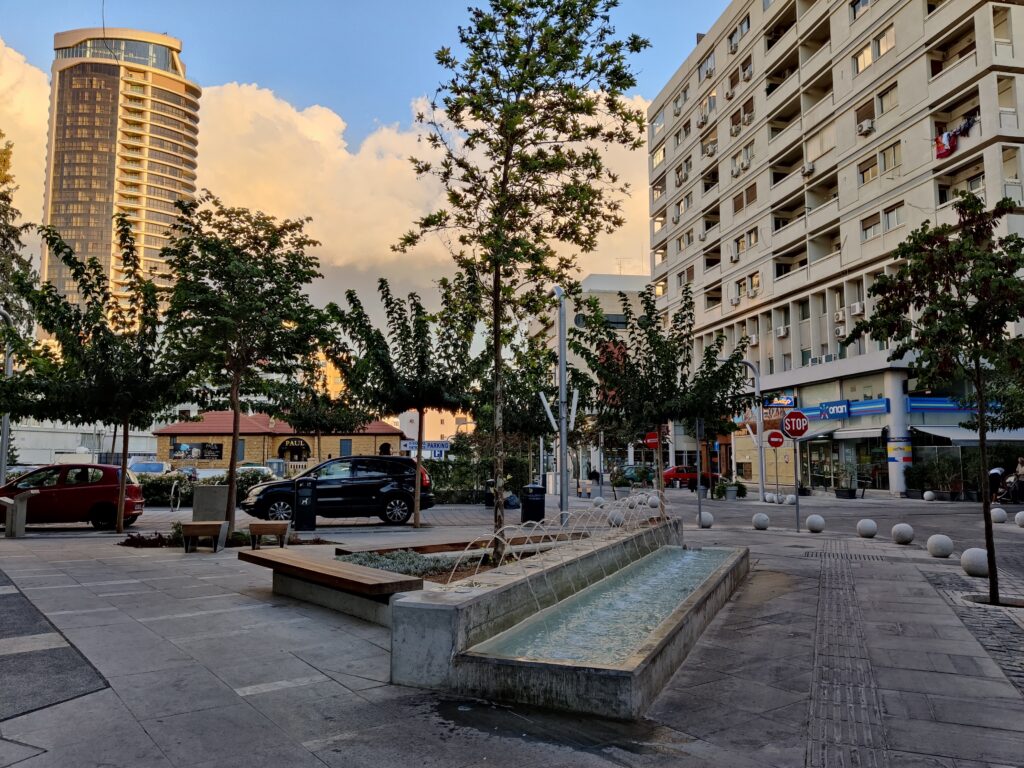
Welcome to U-Care!
A project battling climate change impacts on urban ecosystems and health across EU climate zones.
UrbanCare, the centerpiece of BHL, is a methodology and workflow dedicated to improving urban health using a scientifically robust, evidence-based strategy. Our approach addresses complex urban health factors with adjustable Ecosystem Indicators and effective science communication tools for communities and planners.
With UrbanCare, we support the European Union-granted U-Care project, collaborating with researchers from Chalmers, TU-Berlin, the University of Florence, and the University of Cyprus to develop case studies across Europe. These studies focus on enhancing health through urban ecosystem regeneration.
Our committment is three-fold:
-
- Knowledge Transfer: share real-world urban problems, challenges, and approaches from practice to academia.
- Platform Development: create a co-development environment for research, planning, design, and policy review.
- Capacity Building: develop urban health related learning modules for higher education institutions
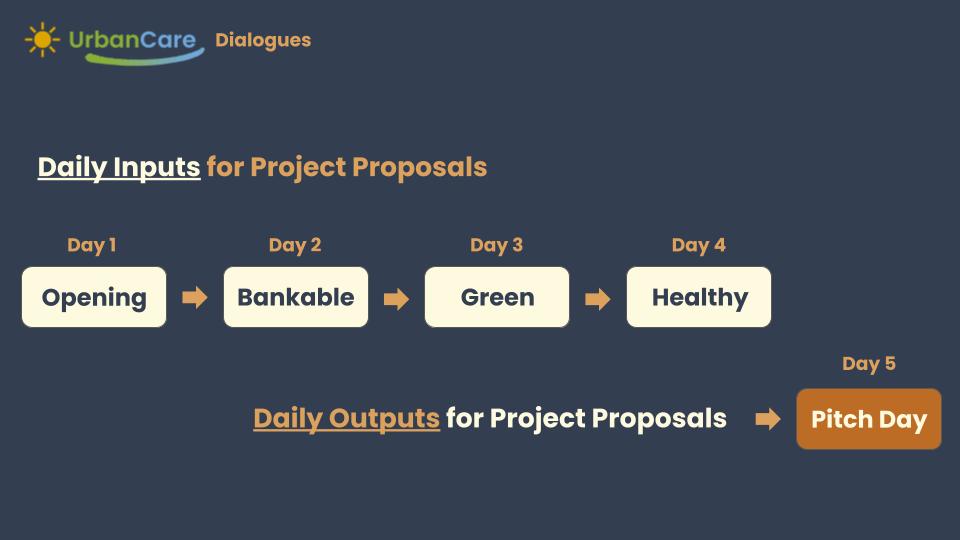
1. Urban Health Indicator development
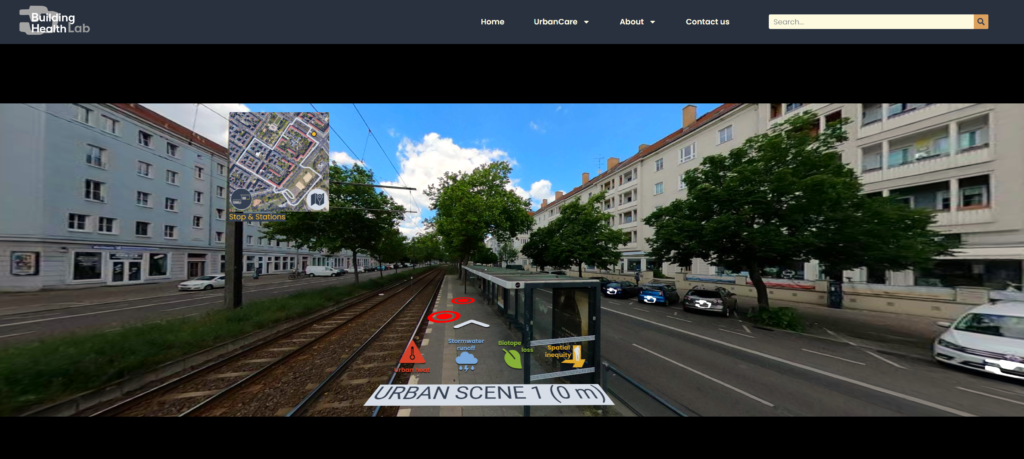
2. UrbanCare.app adaptation, calibration, and user training
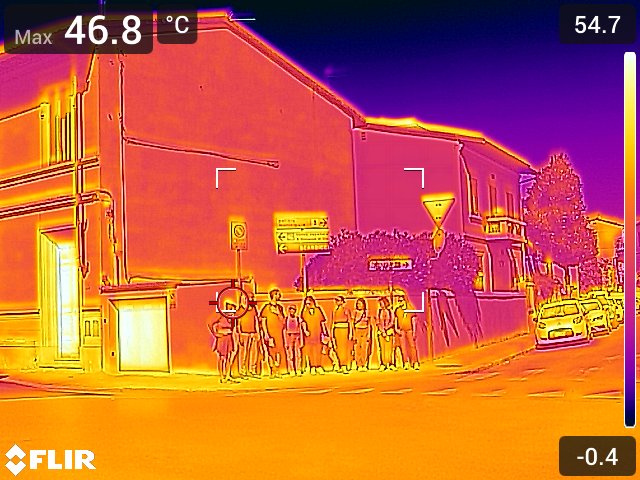
3. Florence Case Study: Quantitative Research
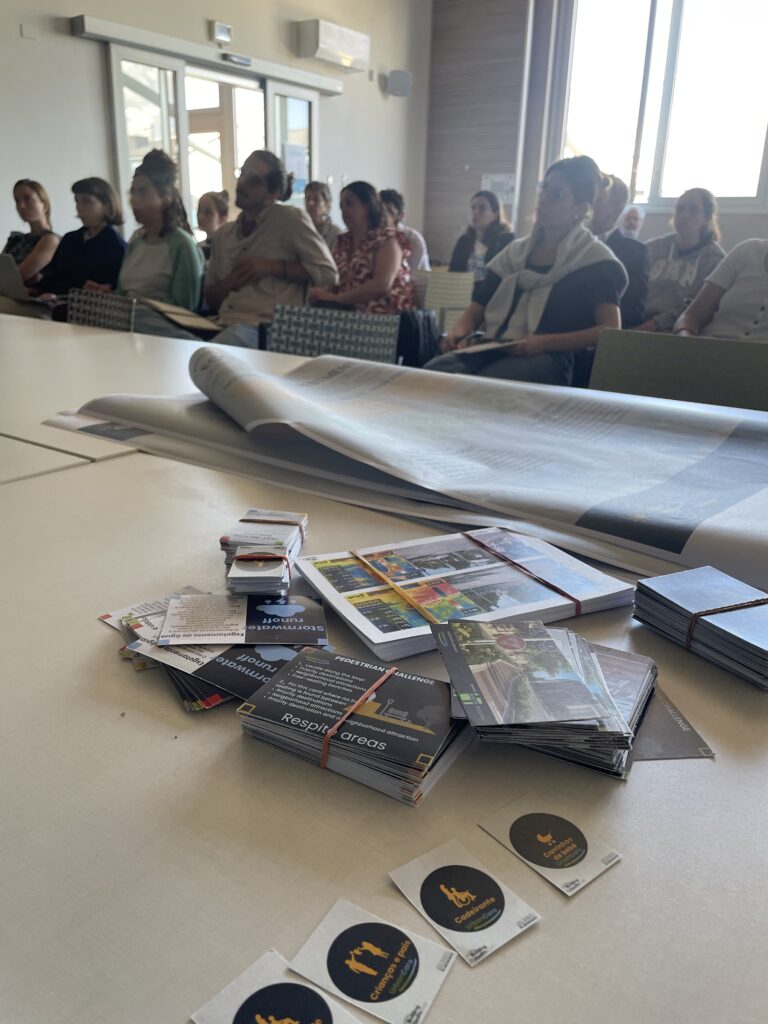
4. Florence Case Study: Qualitative Research
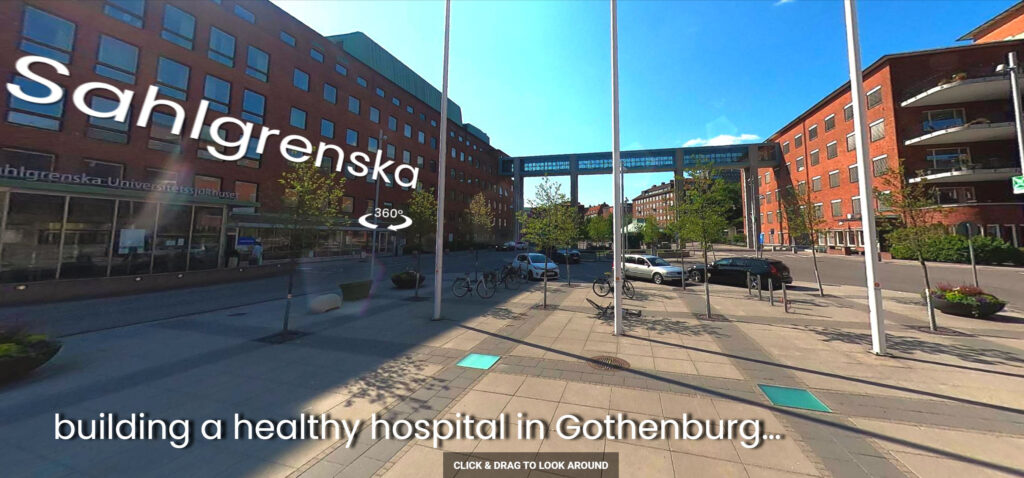
5. Gothenburg Case Study: Quantitative Research
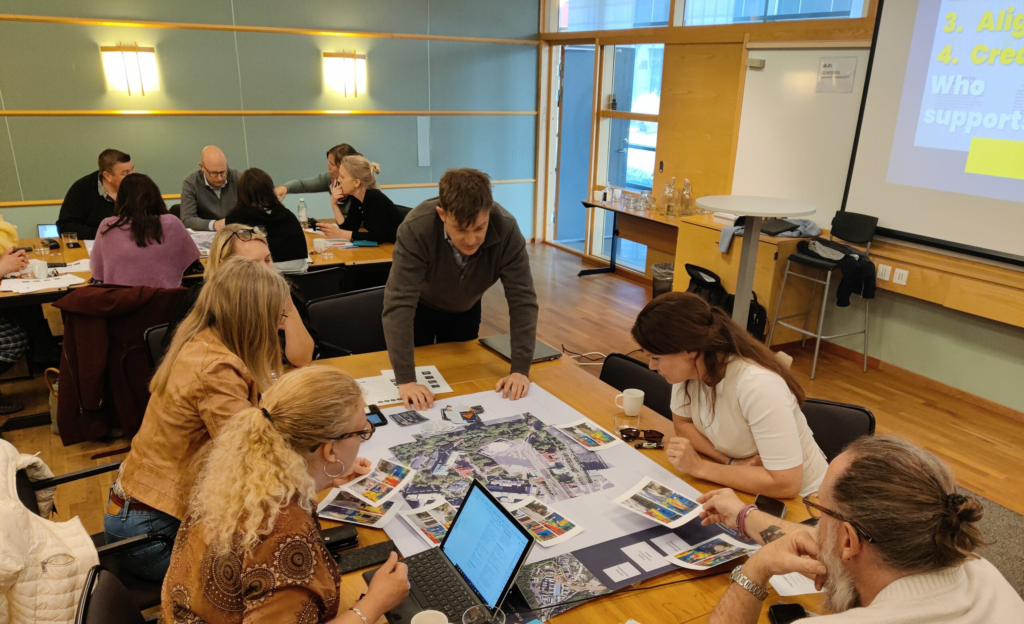
6. Gothenburg Case Study: Qualitative Research
This is the heading
Lorem ipsum dolor sit amet, consectetur adipiscing elit. Ut elit tellus, luctus nec ullamcorper mattis, pulvinar dapibus leo.

